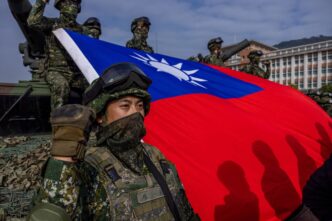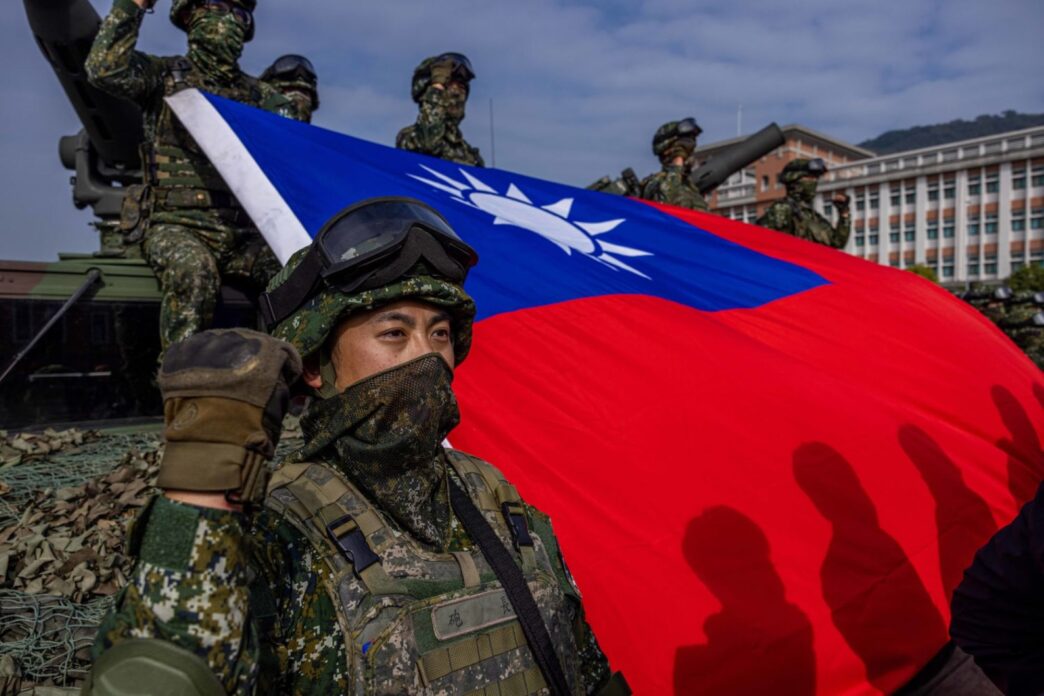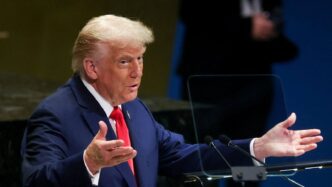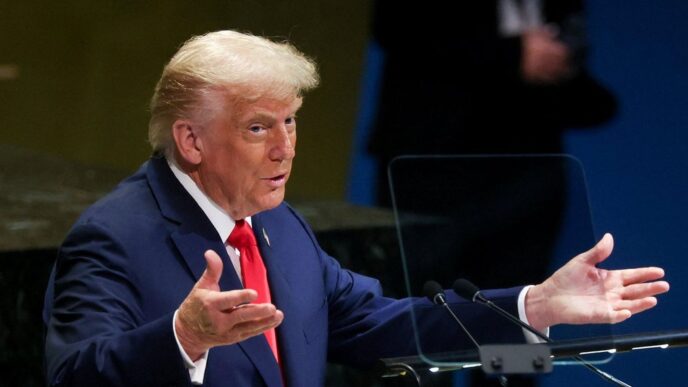The United States has authorised a military arms sale to Taiwan that includes $330 million in parts and equipment, marking the first such sale since Donald Trump resumed the presidency, according to a statement from the island’s foreign ministry on Friday.
Washington remains Taiwan’s primary arms provider and a crucial deterrent against a possible Chinese invasion, although Trump’s statements regarding Taiwan have raised concerns about his commitment to defending the democratic territory.
Beijing claims that Taiwan is a part of its territory and has issued threats regarding the use of force to bring it under control. Taiwan has requested “non-standard components, spare and repair parts, consumables and accessories, and repair and return support for F-16, C-130, and Indigenous Defence Fighter (IDF) aircraft,” as stated in a US Defence Security Cooperation Agency statement.
Although Taiwan has its own defence manufacturing capabilities, its military would be significantly outmatched in any conflict with China and continues to depend heavily on US weaponry.
While the United States is legally obligated to supply arms to Taiwan, it has traditionally upheld a policy of “strategic ambiguity” about whether it would commit its military to defend the island against a Chinese assault.
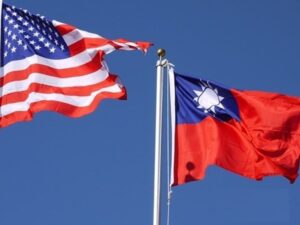
Taiwanese President Lai Ching-te has been eager to gain Trump’s approval, pledging to increase defence spending to over three per cent of GDP in the coming year and to five per cent by 2030. Lai has also promised to enhance investment in the United States, as his administration seeks to address Trump’s 20 per cent tariff on Taiwanese goods.
However, his intention to propose a special defence budget of up to NT$1 trillion (approximately US$32 billion) could be hindered by the main opposition Kuomintang party, which controls the legislature with assistance from the Taiwan People’s Party.
Opposition legislators have voiced frustration over the delays in US deliveries to Taiwan, valued at billions of dollars, which have been affected by COVID-19 supply chain issues as well as US arms transfers to Ukraine and Israel.
The new chairperson of the Beijing-friendly KMT, Cheng Li-wun, recently stated in an interview that Taiwan cannot bear to raise its defence spending above three per cent of GDP, commenting, “Taiwan isn’t an ATM.”
This recent US arms sale is the first since December 2024 under the administration of former President Joe Biden. It arises amid ongoing tensions between Beijing and Tokyo over statements by Japan’s newly assertive prime minister about Taiwan.


 Trending
Trending 
